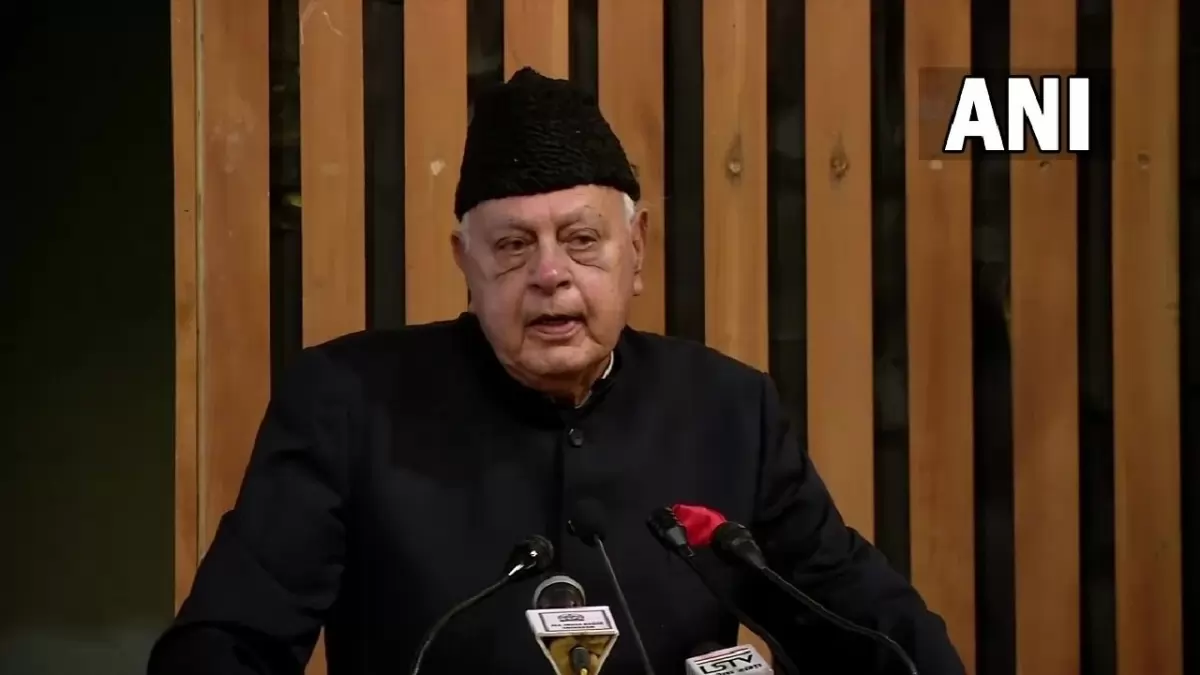
ANI
Jammu and Kashmir Assembly: Former Jammu and Kashmir Chief Minister, Farooq Abdullah, came to the defence of India's first Prime Minister, Jawaharlal Nehru, in response to Home Minister Amit Shah's criticism of Nehru's decisions. Shah had blamed Nehru for two major blunders, including taking the Kashmir issue to the United Nations (UN).
Abdullah asserted that there was no alternative at the time but to involve the UN, citing the recommendations of Lord Mountbatten and Sardar Vallabhbhai Patel.
Speaking to reporters, Abdullah explained that Lord Mountbatten and Sardar Vallabhbhai Patel had also recommended taking the Kashmir issue to the United Nations. He argued that, given the circumstances, there was no other viable option.
Abdullah further justified the decision, stating that the Indian Army was diverted to save regions like Poonch and Rajouri. He claimed that if this diversion hadn't occurred, these areas would have fallen to Pakistan.
Amit Shah, during a heated Lok Sabha session, had criticised Nehru's decisions, particularly the announcement of a ceasefire and involving the UN in the Kashmir issue. Shah deemed these moves as historic blunders, suggesting that if Nehru had taken different steps, Pakistan-occupied Kashmir (PoK) would be a part of India today.
In response to Shah's remarks, Abdullah defended Nehru's actions, emphasizing the context of the time. He supported the argument that there was no alternative and cited the recommendations from key figures like Lord Mountbatten and Patel.
The exchange in the Lok Sabha highlighted the differing perspectives on Nehru's decisions during that critical period in India's history.





Copyright © 2025 Top Indian News
